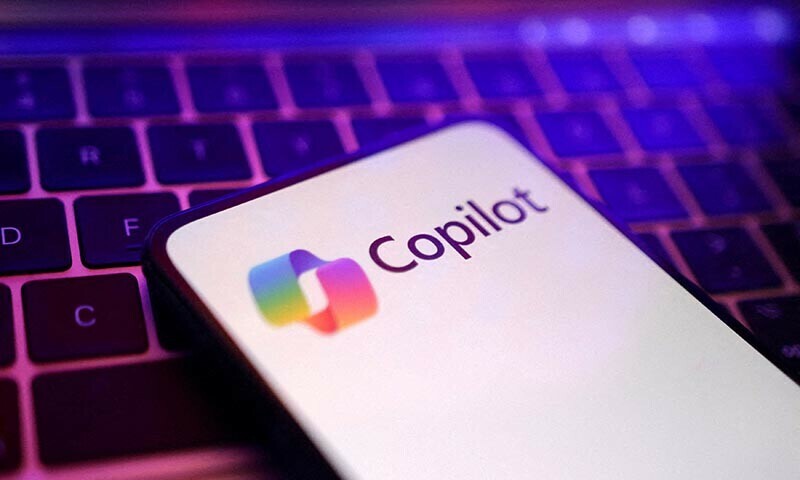In contrast to chatbots, the company is marketing autonomous agents as “apps for an AI-driven world” that can handle customer inquiries, identify sales leads, and manage inventory.
Other large innovation organizations, for example, Salesforce have additionally promoted the capability of such specialists, apparatuses that a few examiners say could furnish organizations with a more straightforward way to adapting the billions of dollars they are filling computer based intelligence.
Microsoft said its clients can utilize Copilot Studio — an application that requires little information on PC code — to make such specialists out in the open see from November. For the agents, it is utilizing a number of in-house and OpenAI AI models.
The organization is additionally presenting 10 prepared for-use specialists that can assist with routine undertakings going from overseeing production network to discount following and client correspondences.
In a demo, McKinsey and Co, which had early admittance to the devices, made a specialist that can oversee client asks by really taking a look at connection history, distinguishing the expert for the undertaking and planning a subsequent gathering.
“The thought is that Copilot (the organization’s chatbot) is the UI for artificial intelligence,” Charles Lamanna, corporate VP of business and industry Copilot at Microsoft, told Reuters.
“Each employee will have a Copilot, their individual AI agent, and they will use that Copilot to interface and interact with the sea of AI agents that will be out there,” the statement reads.
Tech goliaths are confronting strain to show profits from their enormous artificial intelligence ventures.
Despite outperforming the S&P 500 in the September quarter, Microsoft’s shares are still more than 10% higher for the year.
In August, research firm Gartner reported that its survey of 152 IT organizations revealed that the vast majority had not advanced their Copilot initiatives beyond the pilot stage, raising some concerns about the pace of adoption.



